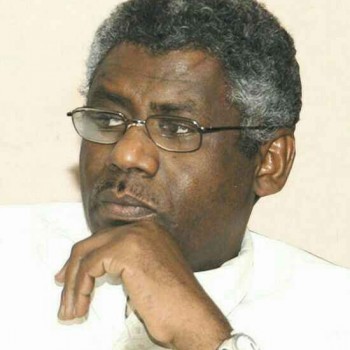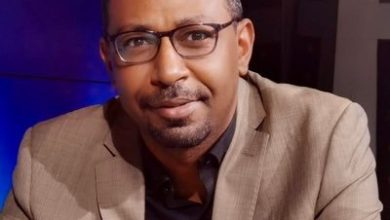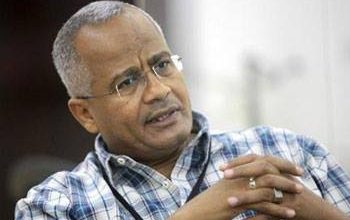From Bedouin to President…a Reading of Kaka’s Biography (4)

By: Adil El-Baz
As I see
1
We still continue to browse the pages of President Kaka’s book, which is overflowing with lies. In the first episode of the series of articles, we reviewed President Kaka’s position towards the corruption that is eating away at the bones of his regime. Then, in the second episode, we presented his position towards his father and the old guard, and in the third episode we saw the state of denial that cloaked him when he denied any connection to Hemedti’s rebellion and denied his support for him, despite all the available evidence proven by United Nations reports and world press reports. Mr. Kaka is the only one who does not see… not because he is blind, but because the clouds of Emirati bribes have blindfolded him.
2
In this episode, President Kaka crossed the station of denial to accuse Sudan of being the one who founded the attack on Chad throughout its history, saying, “If there is a complaint, it must be from Chad because of Sudan’s association with supporting the Chadian rebels since 1966, when the (Frolina) rebel movement arose in Nyala and then He added, “Chad was the opposite, and never hosted a rebellion against Sudan, and the Chadian government refused to provide refuge for such movements on Chadian territory.”
It seems that this young man is ignorant even of his country’s history. Otherwise, how could Sudan’s position in support of the Frolina movement actually be condemned by the President of Chad instead of thanking it for its historical position in supporting a liberation movement like the Frolina Front?!! What is the Frolina Front?
3
The Frolina Front was established at the Nyala Conference in Sudan between June 19 and 22, 1966, after the National Liberation Front united with the Chadian National Union led by Ibrahim Abacha, which helped the northerners to reach power, and with it they obtained their rights, after they had been robbed of them by the French occupation and its agents. The French had carried out a fake referendum that empowered its agents with power in Chad, and resistance began when Chadian President Timblebaye issued a decision in 1962 to dissolve all political parties, declaring the establishment of a presidential republic and a one-party ruling system. This led to the beginning of the revolution against him in the eastern region adjacent to the borders of western Sudan”. After that, the Chadians began to resist the French agents, Timblebaye and other Christian minorities who continued to protect French interests.
(From the sanctuary we proceed.. in other than God we do not trust..
Lions when we get ahead.. to the mobilization in the field..
We will defeat those who fight us…fight our strongholds…
Chad is ours.. Chad is ours.. Chad is ours.. Timblebaye is a criminal loser)
4
Sudan did not support a rebellion against a national regime, but rather supported a national liberation movement against the colonialists. This was Sudan’s behavior with all African liberation movements
“Sudan supported the national movement in the Congo before and after the declaration of the independence of the Congo in 1960, as leader Patrice Lumumba was in constant contact with the Sudanese embassy in Paris, which he once used as a hideout on his way to New York to address the United Nations.”
In West Africa, Sudan was the strongest supporter of the Guinea-Bissau liberation movement and its backers, in line with its interest in and support for the liberation movements in the Portuguese colonies in Africa, especially after the colonial powers assassinated the revolutionary fighter Amalcar Cabral, head of the Independence Party of Guinea-Bissau and the Cape Verde Islands, in Conakry in 1973. The Ministry of Foreign Affairs issued a statement condemning that crime and praising the deeds of the deceased. Sudan also participated in his funeral.
In short, Sudan supported all African liberation movements from Algeria through West Africa to South Africa, where it supported the National Congress Party led by Mandela and supported the armed struggle movements in Eritrea, Ethiopia, and others.
5
Sudan did not support a rebellion against a state, but rather always supported fighters against colonialism and its agents. Instead of this “stranger” (President Kaka) praising the historical support provided by the Sudanese to the Folina Front, which eventually enabled the Chadians to gain their true independence from the French, he takes their position in support of the Chadian Mujahideen as a reason to convict them!!
It seems that President Kaka, in his relentless quest of returning the French to colonize his country, supported by the Emiratis, does not hesitate to throw his naive accusations at Sudan, trying to escape himself from the crimes now being committed by the Janjaweed in Sudan, claiming that it is Sudan that has been supporting the rebels in Chad. We will see in the next episode how Chad participated and supported all the rebel movements against Sudan from its western borders from the 1970s to 2005.
To be continued


